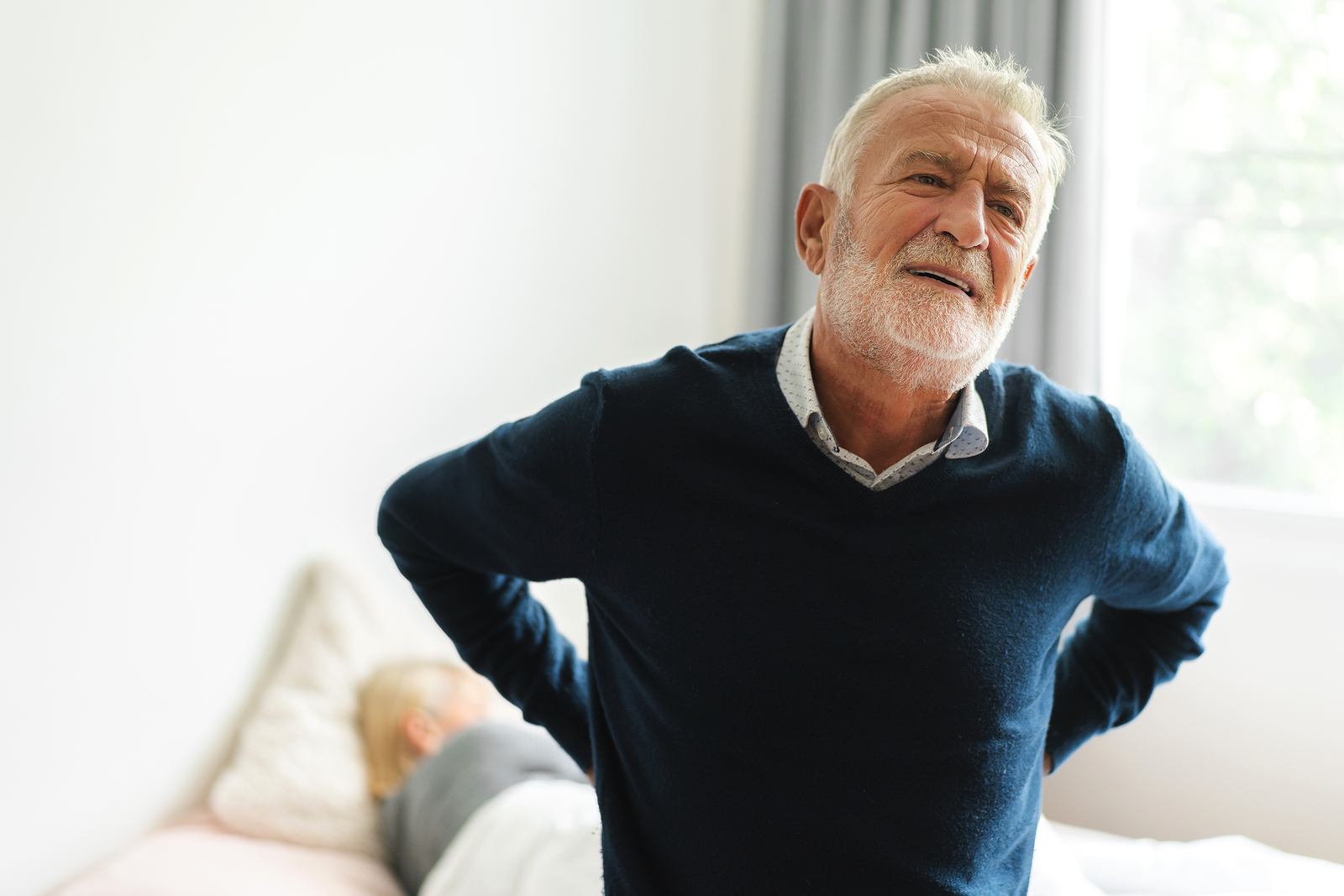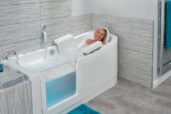Scientists from the University of Liverpool are set to carry out research in space to help them understand why we lose muscle mass as we age. The ground breaking MicroAge II experiment will send lab-grown muscle into space, where astronauts will observe the effects of microgravity on muscle strength.
Bone and muscle loss is a part of the ageing process, caused by a change in structure that are possibly linked to hormonal fluctuation, loss of minerals, and inactivity. However, scientists have observed that the process happens more quickly in the weightless environment of space.
The MicroAge II experiments will provide scientists with more insight into why and how this happens. This could possibly lead to breakthroughs in the prevention of muscle loss as we get older. As the UK has an ageing population, age-related loss of skeletal muscle mass is going to be an increasing problem in the future.
Loss of muscle mass can increase the risk of falls and lead to reduced mobility or disability. It can be the result of physical inactivity combined with ageing, and it can also be caused by disease, malnutrition, inflammation, or a genetic disorder.
Eventually, a person may become too physically frail to live independently, and will need daily care for tasks such as washing, using the toilet, dressing, and cooking. This places extra strain on the families and friends of the older person, and results in more pressure on the NHS.
The University of Liverpool scientists are working with the UK Space Agency and Kayser Space Ltd to carry out research at the International Space Station. It is already known that astronauts lose up to 40% of their muscle mass during six months in space, and the scientists hope to discover exactly how and why this occurs.
University of Liverpool’s Professor Malcolm Jackson said: “We are delighted to receive this generous funding from the UK Space Agency to develop our studies of the effects of microgravity on loss of skeletal muscle as a model from which we can further understand muscle loss during ageing.”
He added: “We will use newly developed techniques to study the role of changes in mitochondria, tiny structures that are responsible for supplying energy to cells, in driving the loss of muscle mass that occurs in microgravity.”
“The role that a loss of tension on muscle plays in these mitochondrial changes will be examined using innovative hardware that we are developing with Kayser Space Ltd which modifies the amount of tension that the muscle experiences in microgravity.”
“This will be used to test whether altered tension on muscle regulates the muscle loss in microgravity and to inform us on the process during muscle loss during ageing on Earth.”
The MicroAge II project has received £1.2m of funding from Space UK, and the mission is scheduled to take place in 2025. The Institute of Cancer Research will also be carrying out experiments into incurable brain tumours during the space mission.
If you are interested in finding out more information about mobility bathrooms, please call us on 01491 411041 or visit our website.
24 March,2023








